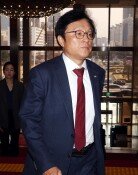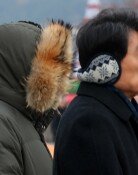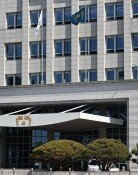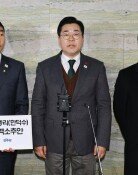Deputy PM confirms next year’s under 2 percent growth projection
Deputy PM confirms next year’s under 2 percent growth projection
Posted December. 24, 2024 08:07,
Updated December. 24, 2024 08:07
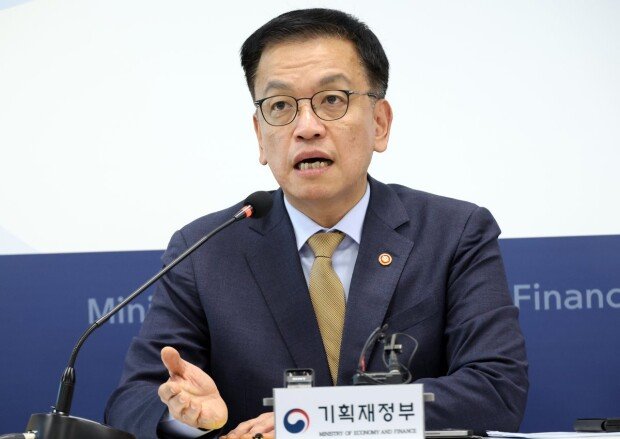
The South Korean government has officially projected that the country’s economic growth rate will remain in the one percent range next year. Additionally, starting next year, the restriction on the number of bottles of alcohol that travelers can bring into the country tax-free will be lifted.
“Given the significant downside risks, it is inevitable that the growth forecast for next year will be lowered. It appears highly likely to fall slightly below the potential growth rate,” Deputy Prime Minister and Minister of Economy and Finance Choi Sang-mok stated during a press conference at the Government Complex Sejong on Monday. Considering that the country’s potential growth rate is approximately two percent, this is interpreted as signaling a growth rate in the upper one percent range. Following the Bank of Korea’s downward adjustment of next year’s real GDP growth forecast to 1.9 percent at the end of last month, the government also predicts that maintaining the 2 percent threshold, often regarded as the lower growth limit, will be challenging.
“Due to recent political circumstances, sentiment has been somewhat dampened, and there are uncertainties in trade-related aspects posing downside risks,” Choi stated regarding the economic situation following the December 3 martial law incident. He also explained that he had urged a shift in mindset to ensure that the main budget is utilized as quickly as possible from January 1. Additionally, Choi announced plans to abolish the limit on the number of bottles of duty-free alcohol that travelers can bring into the country starting next year.
Currently, travelers can bring up to two bottles of alcohol, within a limit of two liters and 400 dollars (approximately 580,000 won), tax-free. The government intends to remove the bottle limit, allowing easier import of smaller and less expensive bottles of alcohol. Furthermore, the government plans to cut duty-free shop licensing fees by 50 percent, reducing the annual fee burden on the duty-free industry by half, which is currently estimated at 40 billion won.
Do-Hyong Kim dodo@donga.com
Headline News
- Former commander's notebook includes potential plan to incite N. Korean attacks
- Constitutional Court to proceed with impeachment trial on Friday
- Deputy PM confirms next year’s under 2 percent growth projection
- Ukraine says Russia uses fake IDs to hide N. Korean troops
- Pres. Yoon refuses impeachment documents for a week



